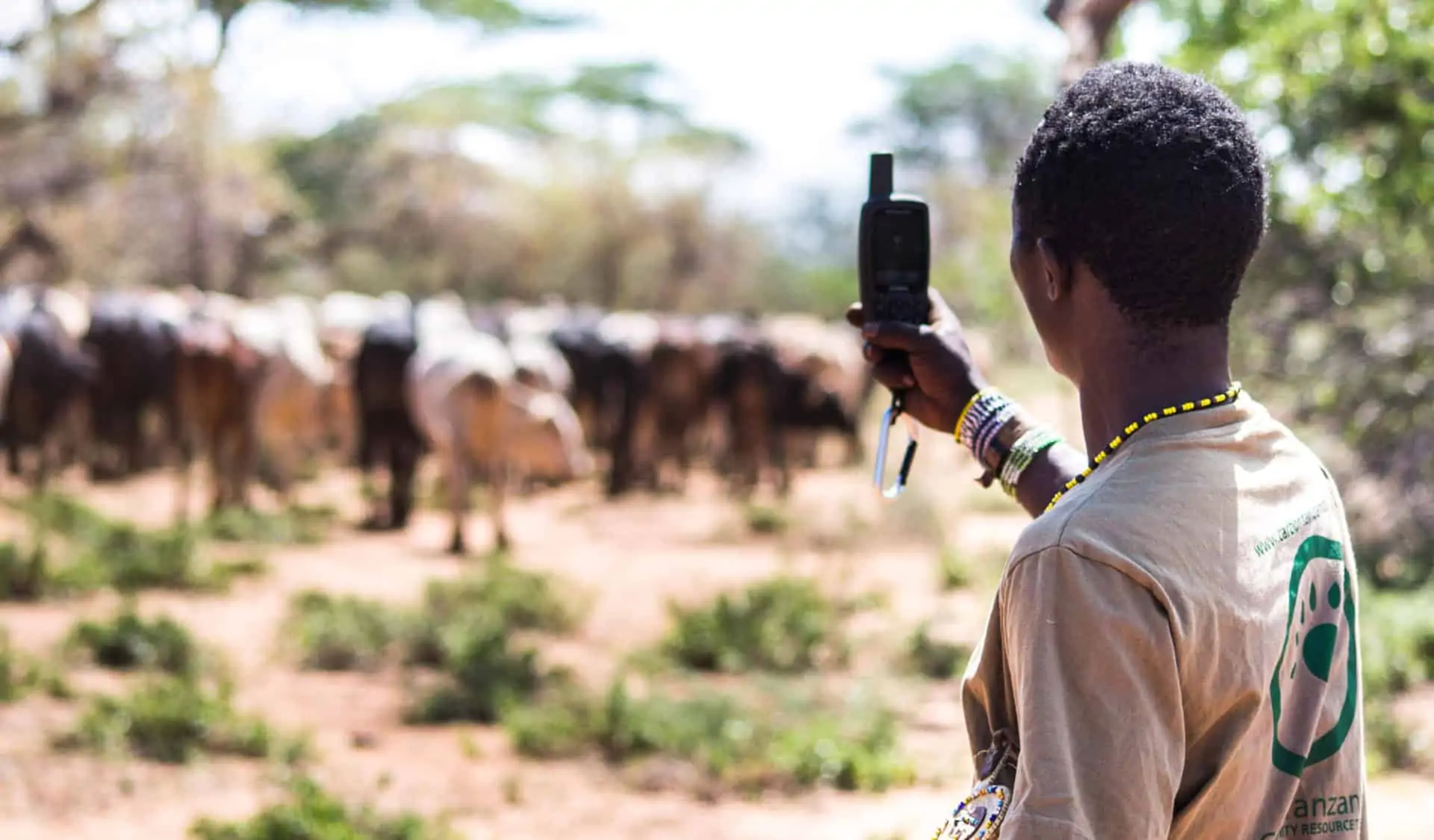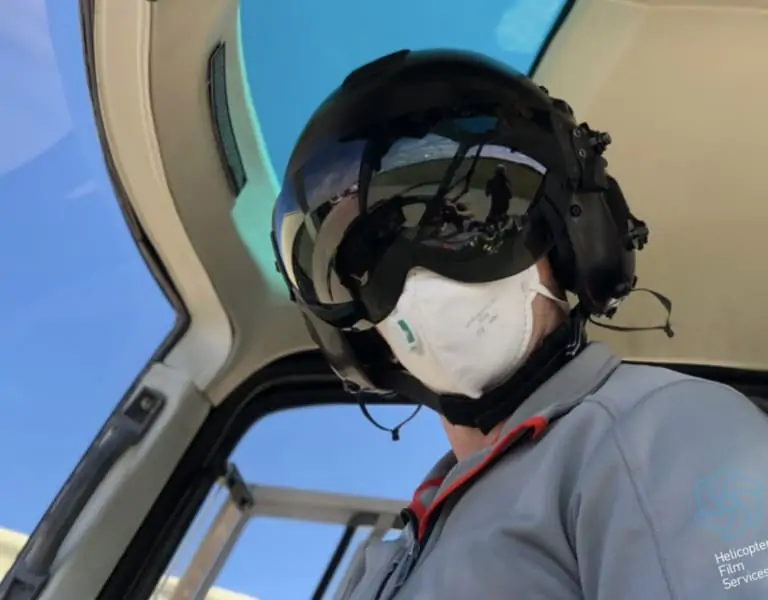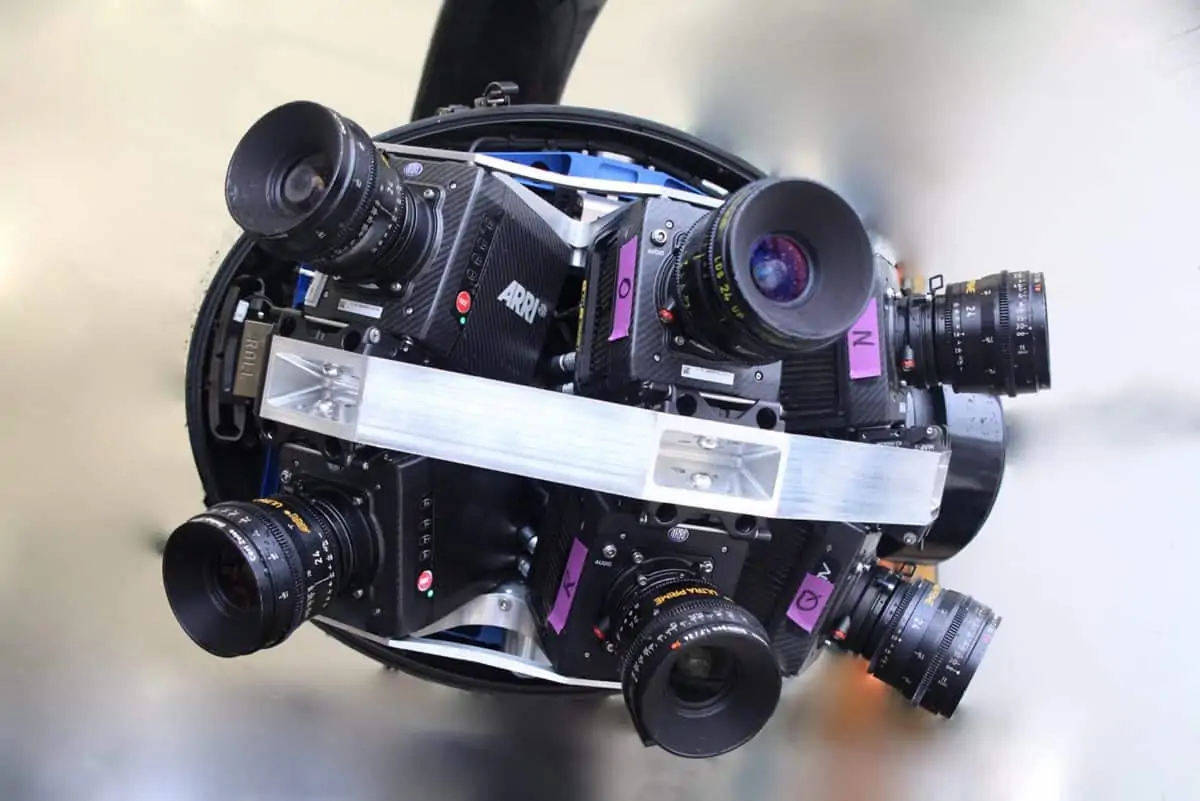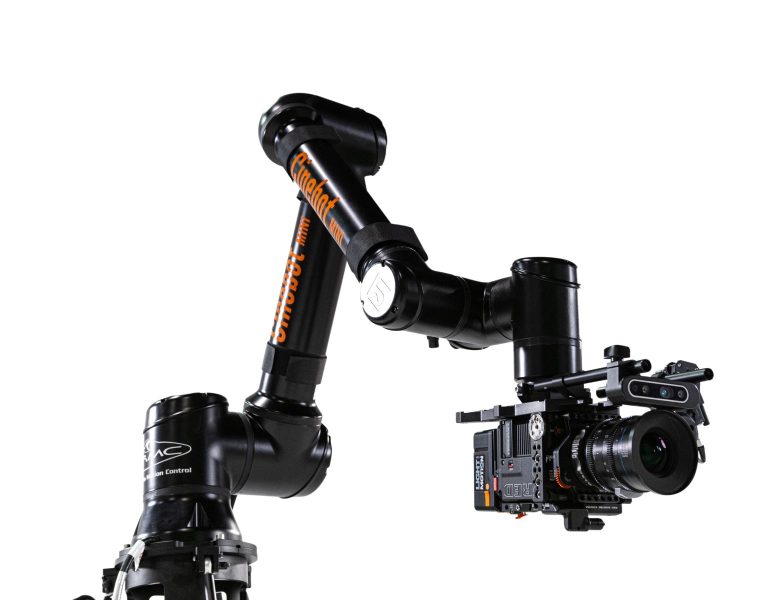
“We took the decision to ‘Do The Right Thing’ because aerial filming leaves a fairly hefty carbon footprint. Our contribution will support exceptional Plan Vivo projects achieving indigenous reforestation in Nicaragua, and protecting forests through support for threatened hunter-gatherer tribes in Tanzania. We encourage the rest of our sector to follow suit!”
In what is a first-in-sector move, Europe’s leading aerial filming company, Helicopter Filming Services, (HFS) announces it will offset its carbon emissions with the help of award-winning partner, C Level. CEO & Aerial Director of Photography, Jeremy Braben Assoc. BSC, explains his decision to make his company greener: “For years, I’ve been conscious that the work we do in aerial filming is no friend to the environment. So whilst Film Production is benefiting from being part of the fastest-growing sector of the UK economy, we decided it was time to do our part and to take action on carbon. But we wanted to do more, and that is why we have chosen C Level and these award winning projects, and we hope others will follow suit.”
Aaron Matthews, Head of Industry Sustainability at BAFTA, commented, “The member’s of BAFTA’s albert Consortium are delighted to be associated with any creative community that puts sustainability at the top of the agenda, and encourages new, more creative ways of working.”
Why This Is ‘NO WASTE’ Of Time
Daren Howarth, Founder of Brighton-based C Level, whose team coined the phrases ‘carbon footprint’ and ‘carbon balanced’, explains, “For years I’ve been hearing from my friends who work in Production how much waste is involved – from food through to the hard-earned footage that never gets used. So I was delighted when we received the call from HFS, that made it clear to me, this decision to balance its carbon emissions was being made for all the right reasons.”

C Level’s aviation specialist was able to calculate the annual emissions of HFS’s crew, including trips made in aircraft it doesn’t own. It then provided options to balance this carbon. The HFS team chose to support the CommuniTree project in Nicaragua, which is creating a native forest for the very long term, with subsistence farmers planting 5m trees, sequestering 700,000 tonnes of CO2, and providing 3,500 jobs. It will also support the Hadza hunter-gatherers in Tanzania’s Yaeda Valley to strengthen indigenous land rights and help the Hadza prevent deforestation and achieve the kind of sustainable development they want; enabling 100,000 tonnes of CO2 to be sequestered. Both programmes are some of the worlds most holistic carbon projects, certified under the Plan Vivio or Living Plan Standard. C Level is a Certified B Corporation company and Plan Vivo is the worlds original standard for these kind of projects, and puts people at the heart of the project design.












